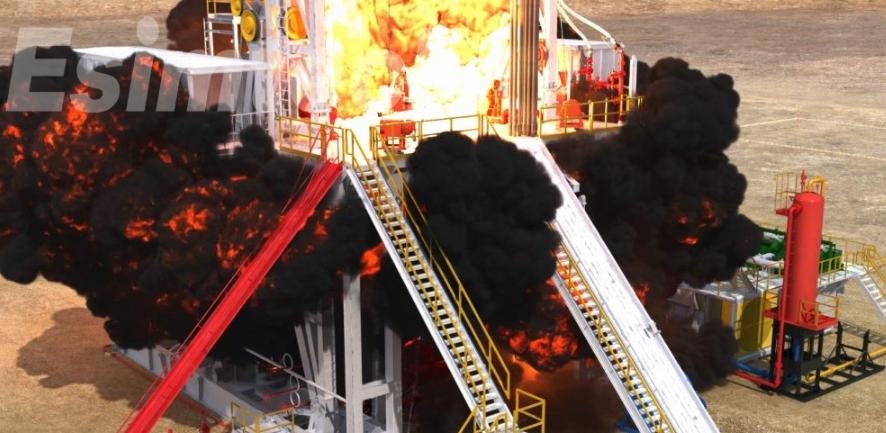Notifications

2 minutes, 52 seconds
-219 Views 0 Comments 0 Likes 0 Reviews

The energy sector relies heavily on gas turbines for power generation, and ensuring their optimal performance is critical. Predictive maintenance helps prevent unexpected failures, but training technicians to diagnose and repair complex turbine systems can be challenging. Virtual Reality (VR) is revolutionizing this process by offering immersive, hands-on training without the risks and costs of real-world practice.
Traditional training methods often involve:
Classroom lectures – Limited hands-on experience.
On-site training – Expensive and potentially hazardous.
VR bridges these gaps by creating a safe, interactive, and scalable training environment. Technicians can practice predictive maintenance procedures—such as vibration analysis, thermal inspections, and fault detection—in a virtual setting before applying their skills in the field.
1. Realistic, Risk-Free Learning
VR simulations replicate real-world gas turbine environments, allowing trainees to interact with 3D models, identify faults, and perform maintenance tasks without safety concerns.
2. Cost and Time Efficiency
Reduces the need for physical equipment and travel.
Enables repeated practice without downtime.
3. Enhanced Retention & Engagement
Immersive learning improves knowledge retention by up to 75% compared to traditional methods (PwC study). Trainees engage more deeply with interactive modules.
4. Data-Driven Performance Tracking
VR platforms can record trainee actions, providing insights into skill gaps and optimizing training programs.
Fault Diagnosis: Trainees use VR to detect anomalies like bearing wear or blade erosion.
Procedural Training: Step-by-step guidance for inspections and part replacements.
Emergency Scenarios: Simulating rare but critical failures to prepare technicians.
As VR technology advances, integration with AI and IoT will enable even smarter training. Predictive algorithms could generate dynamic failure scenarios, while AR overlays may assist technicians in real-time during actual maintenance.
Virtual Reality is transforming predictive maintenance training for gas turbines by offering safe, cost-effective, and highly effective learning experiences. As industries adopt Industry 4.0 technologies, VR will play a key role in developing a skilled workforce capable of maintaining critical energy infrastructure.
Virtual Reality for Predictive Maintenance Training on Gas Turbines

